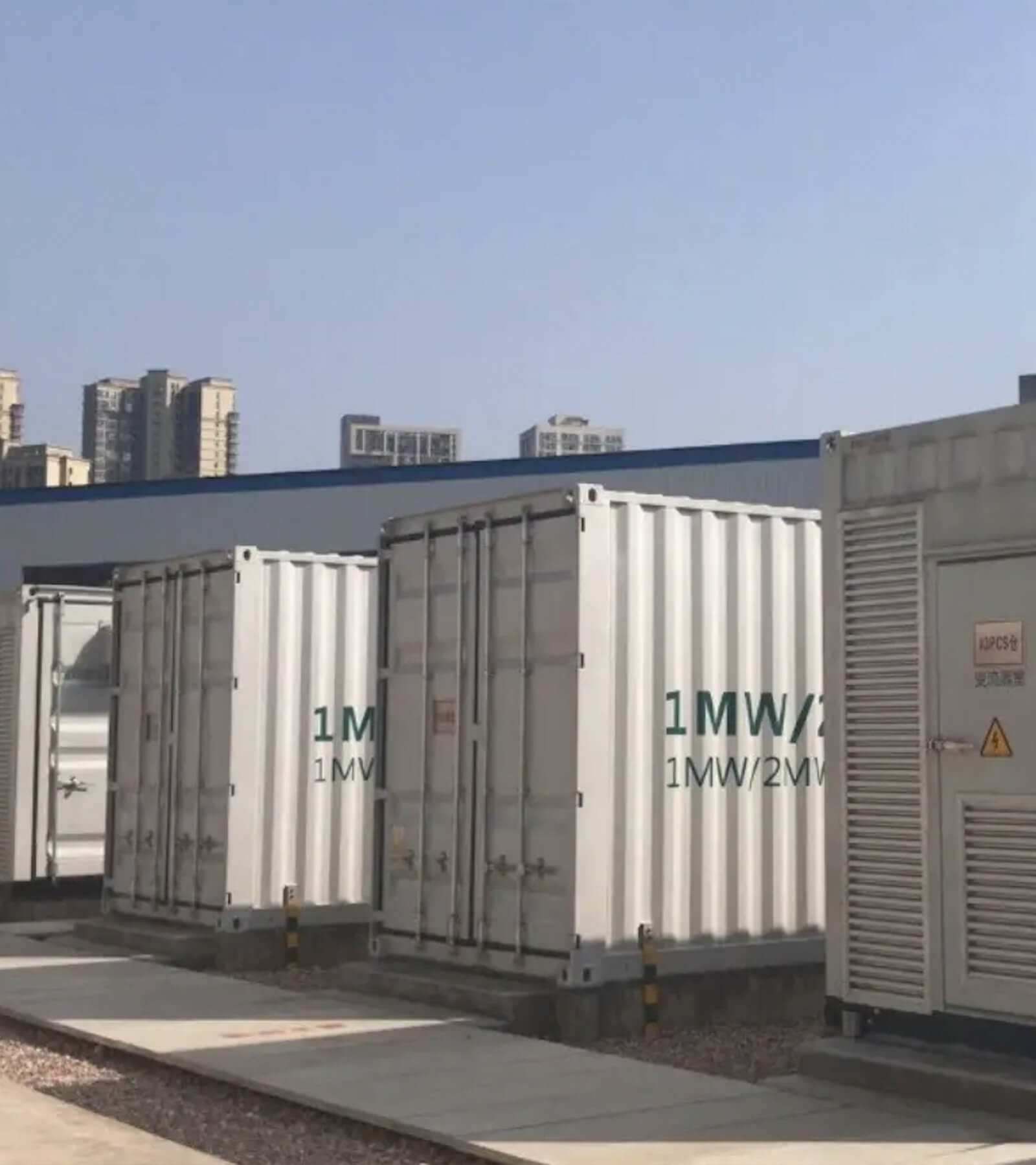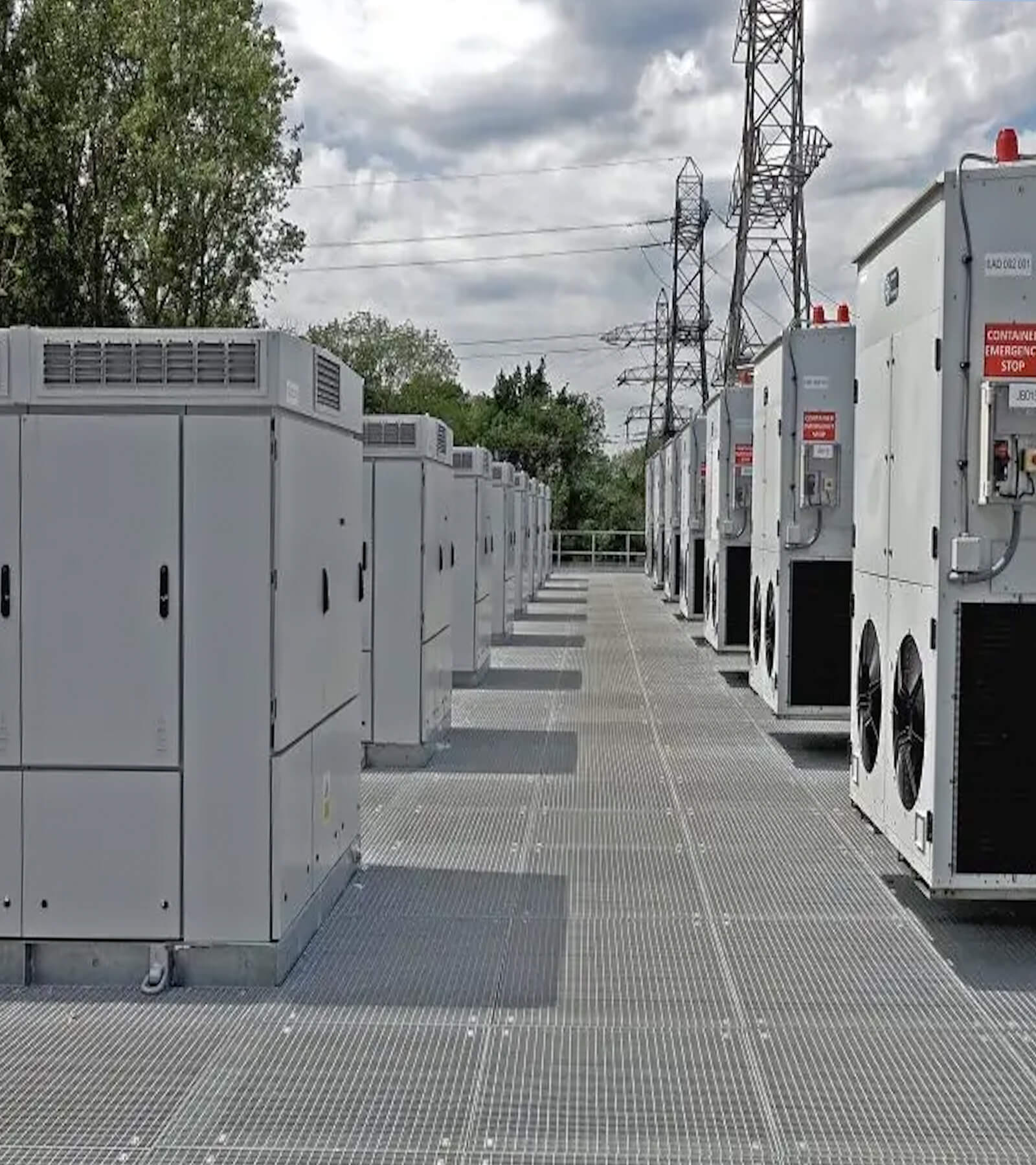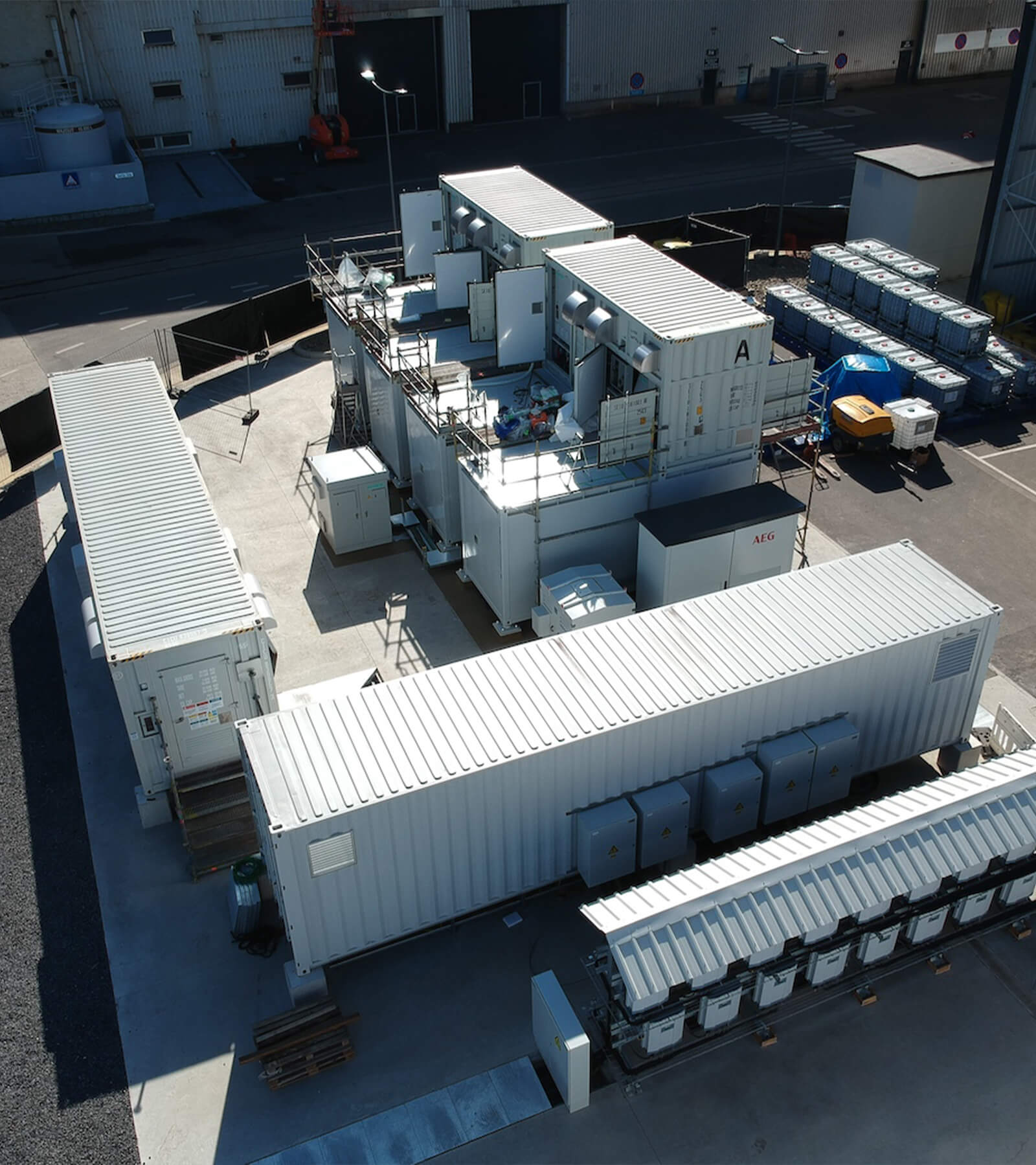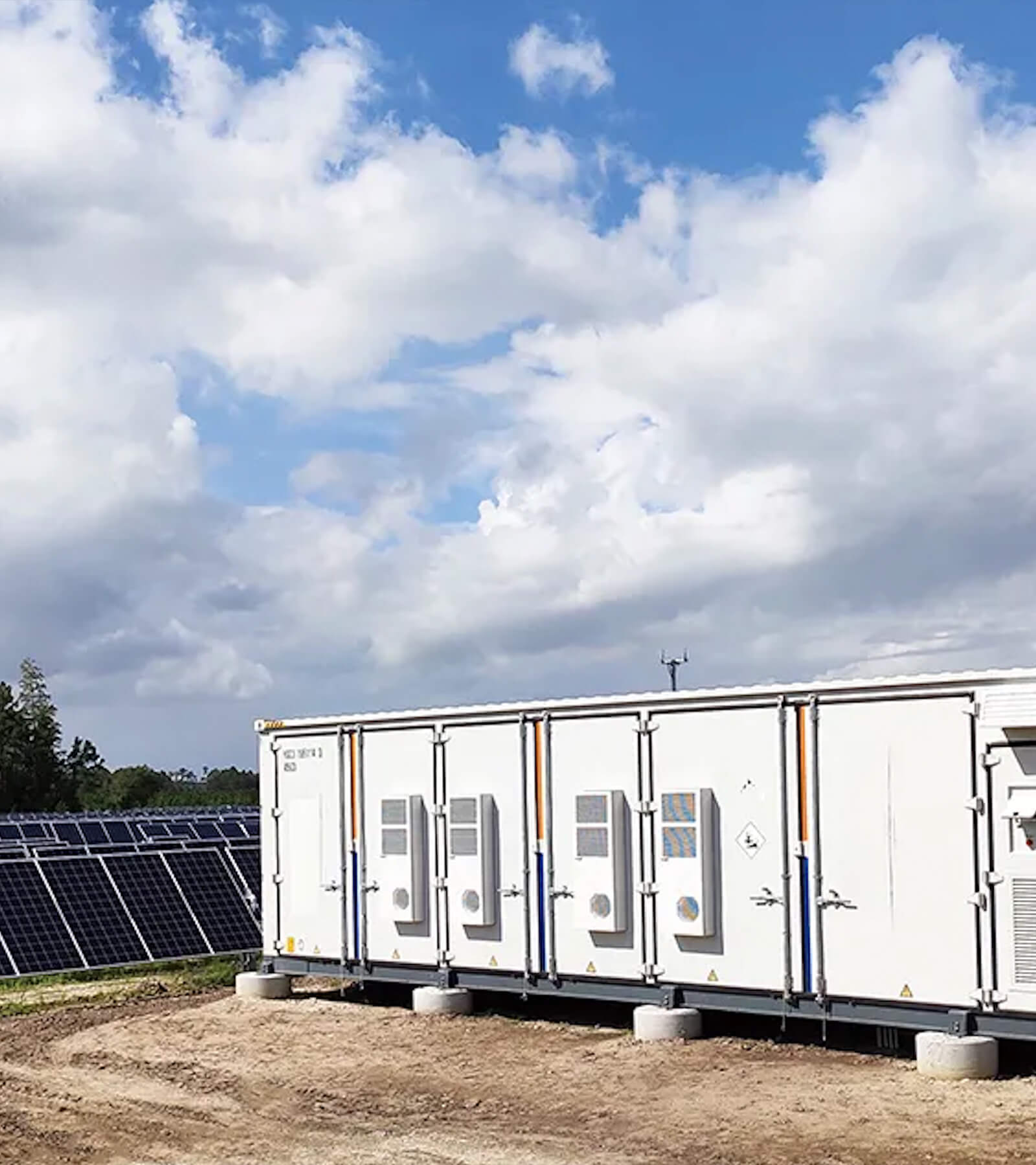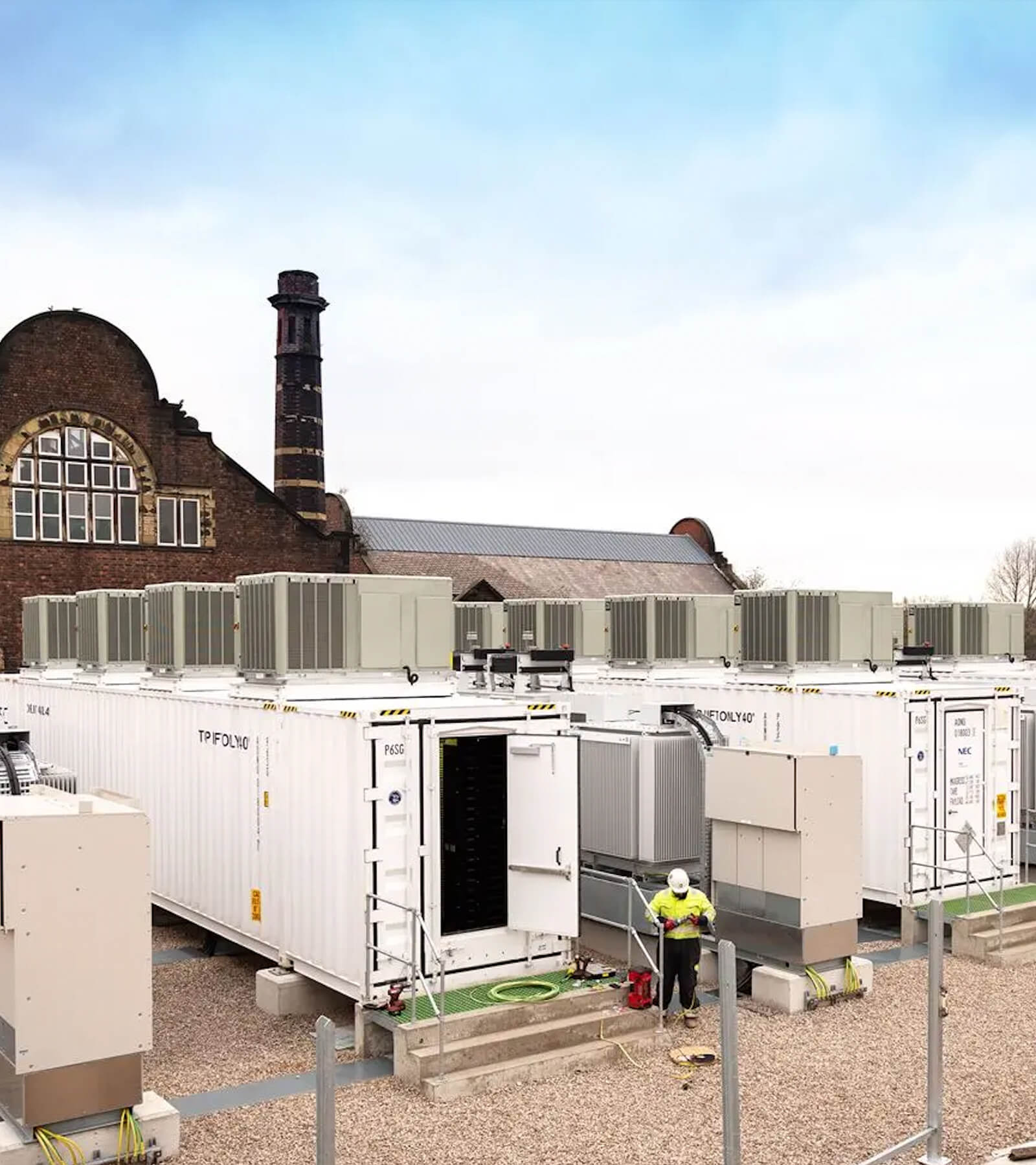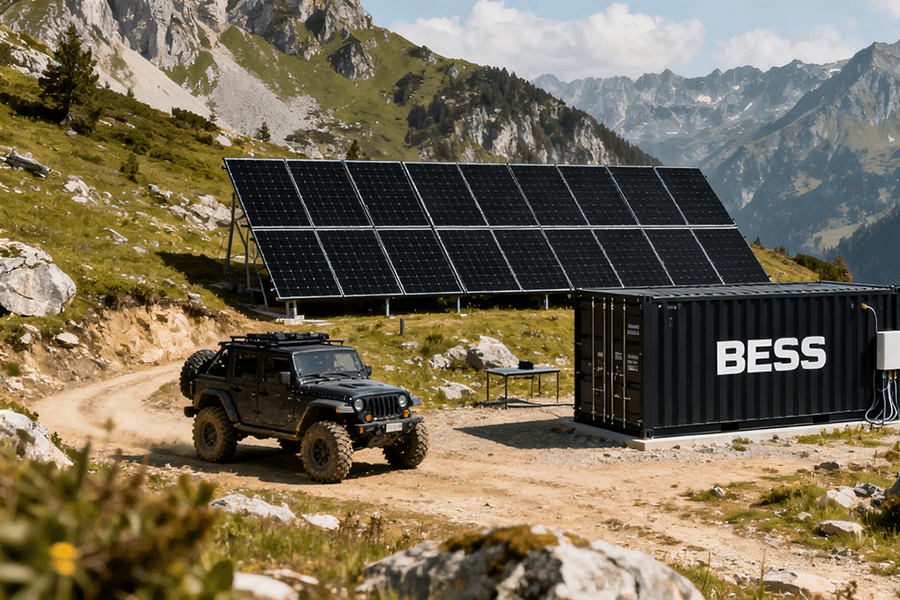
The Diesel Dilemma in Mountain Off-Road Bases
Imagine this: You’re mid-adventure, tearing through the Austrian Alps in your 4×4—mud splattering, engine roaring—when a sharp rock rips your tire. You limp to the nearest off-road base, relieved to reach help… only to find the repair station dark. The culprit? A diesel generator that froze solid in the -15°C mountain chill.
This isn’t a rare scenario. For 88% of Europe’s 183 mountain off-road bases, diesel generators are the default power source—but they’re a terrible fit for harsh mountain conditions. They sputter at high altitudes, require constant refueling (a logistical nightmare in remote areas), and fail when temperatures drop below -10°C. The costs of this unreliability add up fast.
Key Stats: The True Cost of Diesel Reliance
|
Metric
|
Data
|
Direct Impact
|
|
Total operating off-road bases (EU)
|
183+
|
Spread across the Alps (Austria, Switzerland), Pyrenees (France, Spain), and Fjords (Norway)
|
|
Percentage dependent on diesel generators
|
88%
|
High risk of cold-weather failures, fuel shortages, and unplanned downtime
|
|
Average weekly cost of power outages
|
€7,000+
|
Lost bookings (20-30% of weekly reservations), delayed repairs, and customer churn
|
|
Diesel fuel transport cost (remote mountain areas)
|
€3–5/liter
|
3x higher than urban prices (due to difficult terrain and limited delivery routes; source: European Fuel Logistics Report, 2024)
|
|
Annual maintenance cost for a 50kW diesel generator
|
€5,000+
|
Includes oil changes, filter replacements, and seasonal overhauls
|
Enter BESS containers: The “diesel killer” that laughs at blizzards, ignores uneven terrain, and keeps the adventure going. These rugged, self-contained battery systems aren’t just big metal boxes—they’re the unsung heroes of off-road tourism, engineered to thrive where diesel generators fear to tread.
Core Applications: How BESS Containers Keep Adventures on Track
BESS containers aren’t one-trick ponies. They’re designed to power the specific needs of off-road bases, solving the most critical pain points for both operators and guests. Below are the two most impactful use cases.
Vehicle Repair Stations: No More Stranded Riders
Off-roaders don’t pack spare patience—especially when their ATV’s battery dies, a axle breaks, or a tire gets punctured. Repair stations rely on power-hungry tools: electric impact wrenches (1.5kW), tire inflators (2kW), and battery chargers (3kW)—all of which need consistent power to work. Even a 2-hour outage can strand a convoy of riders, turning a fun trip into a costly disaster.
Diesel generators? They’re the “drama queens” of the power world. They freeze in cold weather, run out of fuel mid-repair, and require a mechanic to fix if they sputter. BESS containers? They’re the calm, reliable partner that never calls in sick. They kick in within <0.02 seconds of a grid outage, provide steady power for hours, and don’t need constant monitoring.
Case Study: Austrian Alps Off-Road Base (250kWh BESS)
In January 2024, a polar vortex hit the Austrian Alps, causing a 5-hour grid outage across the region. At a base equipped with a 250kWh BESS container (installed by Maxbo Solar), the repair station stayed fully operational. Technicians fixed 35 vehicles—from flat tires to dead ATV batteries—while three nearby diesel-powered bases had to turn riders away (their generators couldn’t start in -18°C weather).
“Before the BESS, we’d lose €12,000–€15,000 every time the power went out—between lost bookings and angry customers,” said Markus Huber, the base manager. “Now? We don’t even blink when the grid fails. The BESS didn’t just save us money—it saved our reputation.”
The result? The base saw a 17% increase in repeat customers in Q1 2024, compared to the previous year (source: Base Operational Data, 2024).
Trail Lighting & Safety Systems: Illuminating Paths (and Saving Lives)
Night rides are a highlight for many off-road enthusiasts—but they’re only safe if trails are well-lit. LED trail lighting (100W per segment) and emergency beacons (50W each) are non-negotiable for base safety, but diesel generators can’t keep up with 12-hour lighting demands. They burn through fuel quickly, and if they shut down overnight, riders risk getting lost or crashing into obstacles.
BESS containers solve this by providing 24/7 backup power for lighting and safety systems—even when the grid is down. They’re also scalable: bases can add more lighting segments or beacons without upgrading to a larger generator.
Case Study: Swiss Graubünden Off-Road Base (200kWh BESS)
In March 2024, a Swiss Graubünden base installed a 200kWh BESS container (from Maxbo Solar) to power its trail lighting and emergency systems. The base added 10 new LED trail segments (extending night ride routes by 3km) and 3 emergency beacons (placed at high-risk trail junctions).
The impact was immediate:
- Off-roading accidents dropped by 25% in the first 6 months (down from 12 accidents/quarter to 9; source: Graubünden Mountain Safety Authority, 2024)
- Search-and-rescue calls related to lost riders fell by 40% (beacons guided 11 lost riders back to base without needing SAR intervention)
- Night ride bookings increased by 32% (guests cited “safer trails” as the top reason for booking; source: Base Booking Data, 2024)
“Before the BESS, we’d get at least one search-and-rescue call a week,” said Lena Meier, the base’s safety coordinator. “Now, the beacons do the work—riders follow the light back if they get turned around. The BESS is our silent lifeguard.
Rugged Design & Eco-Compliance: Built for Mountains, Kind to the Planet
BESS containers aren’t just reliable—they’re engineered to survive mountain terrain and meet strict EU environmental standards. For off-road bases, this means lower costs, fewer regulatory headaches, and a better reputation with eco-conscious guests.
Terrain-Adapted Installation: No Fancy Foundations Needed
Mountain terrain is rocky, sloped, and unpredictable—and diesel generators hate it. They require flat, concrete pads to operate (costing €10,000–€15,000 to install) and can’t be moved if a storm or flood hits.
BESS containers are different. They’re mounted on heavy-duty skids or reinforced trailers, so they can be deployed on uneven ground without concrete. If a natural disaster strikes (like a flash flood or avalanche), the container can be towed to higher ground in minutes—no downtime, no damage.
Case Study: French Pyrenees Off-Road Base (250kWh BESS)
A French Pyrenees base wanted to upgrade its power system but faced a problem: the only flat area on-site was prone to flash floods. Instead of spending €15,000 on a concrete pad for a new generator, the base opted for a trailer-mounted 250kWh BESS container (from Maxbo Solar).
In June 2024, a flash flood hit the area—submerging the flat zone under 1.2 meters of water. The base team simply hooked the BESS container to a 4×4 and towed it to higher ground. The container suffered no damage, and power was restored within 30 minutes.
“Diesel generators are like divas—they need perfect conditions to perform,” joked Pierre Dubois, the base’s operations director. “BESS containers are like off-roaders: they adapt to the terrain and keep going. We saved €15,000 on installation, and we didn’t lose a minute of power during the flood.”
Diesel Replacement: Cutting Costs (and Emissions)
Remote mountain regions have some of the strictest EU emission limits (Euro VI standards), and diesel generators are major polluters—emitting 18 tons of CO₂ per year (for a 50kW model). Worse, transporting diesel to remote bases is expensive: in the Norwegian Fjords, for example, fuel costs €5/liter (source: Norwegian Mountain Logistics Report, 2024).
BESS containers eliminate both problems. They produce zero on-site emissions, and when paired with renewables (like solar or wind), they can replace diesel entirely. The cost savings are massive: bases that switch to BESS cut fuel and maintenance costs by 70–80%.
Case Study: Norwegian Fjord Off-Road Base (300kWh BESS)
A Norwegian Fjord base was struggling with high diesel costs (€28,000/year) and failing emission inspections. In February 2024, they replaced their 50kW diesel generator with a 300kWh BESS container (from Maxbo Solar).
The results were transformative:
- Diesel consumption dropped by 95% (from 5,600 liters/year to 280 liters/year)
- Annual fuel and maintenance costs fell from €28,000 to €6,000 (a savings of €22,000/year)
- The base earned the EU’s “Sustainable Adventure Base” certification (a key credential for eco-tourism marketing)
- Eco-focused off-road clubs now make up 40% of bookings (up from 15% before the switch; source: Base Booking Data, 2024)
Diesel vs. BESS: Cost & Emission Comparison
|
Factor
|
50kW Diesel Generator
|
250kWh BESS Container (Solar-Wind Paired)
|
|
Annual Fuel Cost
|
€23,000 (5,600 liters x €4.10/liter)
|
€0 (powered by renewables) + €6,000 (grid backup)
|
|
Annual Maintenance Cost
|
€5,000 (oil changes, filters, overhauls)
|
€500 (bi-annual inspection only)
|
|
Annual CO₂ Emissions
|
18 tons
|
0 tons
|
|
Lifespan
|
5–7 years
|
12–15 years
|
|
Installation Cost
|
€15,000 (concrete pad + setup)
|
€8,000 (trailer/skid + setup)
|
Sustainability & Operational Benefits: More Than Just Power
BESS containers don’t just fix reliability issues—they make off-road bases more sustainable, cost-effective, and attractive to modern guests. Below are two key long-term benefits.
Solar-Wind-BESS Integration: Harvesting Mountain Energy
Mountains are renewable energy goldmines. Hilltop solar panels get 6+ hours of daily sunlight in summer (more than flat urban areas), and small wind turbines capitalize on consistent mountain winds (average 12mph in the Alps; source: European Renewable Energy Agency, 2024). The problem? Solar and wind power are intermittent—they don’t work at night or on calm days.
BESS containers solve this by acting as energy storage banks. They store excess power generated by solar panels or wind turbines during the day, then release it when needed (at night, during storms, or during peak demand). This allows bases to run on renewables 70–80% of the time—slashing carbon footprints and energy costs.
Case Study: Swedish Lapland Off-Road Base (180kW Solar-Wind + 250kWh BESS)
A Swedish Lapland base (located 200km north of the Arctic Circle) installed a 180kW solar-wind system paired with a 250kWh BESS container (from Maxbo Solar) in 2023. Even during polar nights (when the sun doesn’t rise for weeks), the BESS stores enough energy from wind turbines to power 75% of the base’s needs.
The results:
- Renewable energy use jumped from 10% to 75% (source: Base Energy Report, 2024)
- The base attracted 30+ eco-focused off-road clubs (including the Nordic Green Adventure Group)
- Revenue increased by 22% in 2024 (guests pay a 15% premium for “zero-carbon adventures”; source: Base Financial Data, 2024)
“Riders today don’t just want to have fun—they want to know they’re not harming the planet,” said Erik Johansson, the base owner. “Our solar-wind-BESS setup isn’t just an energy system—it’s our biggest marketing tool. Clubs choose us because we’re sustainable.”
Low-Maintenance Reliability: Less Downtime, More Profit
Diesel generators are high-maintenance nightmares. They need monthly oil changes, quarterly filter replacements, and annual overhauls—and even then, they break down frequently in harsh mountain conditions. All that maintenance means downtime: the average diesel-powered base loses 80+ hours/year to generator repairs (source: Alpine Adventure Industry Report, 2024).
BESS containers are the opposite. They have no moving parts (unlike generators), so they require minimal upkeep. Most models only need a bi-annual inspection to check battery health and connections. This translates to 80% less downtime—and more time focusing on guests, not repairs.
Key Maintenance Comparison
|
Task
|
Diesel Generator
|
BESS Container
|
|
Oil Changes
|
Monthly
|
Never
|
|
Fuel Refills
|
Weekly (remote areas)
|
Never (charged via solar/wind/grid)
|
|
Filter Replacements
|
Quarterly
|
Every 5 years (air filter only)
|
|
Major Overhauls
|
Annual (€3,000–€5,000)
|
Every 10 years (battery cell check)
|
|
Annual Downtime
|
80+ hours
|
<16 hours
|
Conclusion: BESS = Pet Safety (and Peace of Mind)
BESS containers aren’t just batteries in steel boxes—they’re pet safety lifelines. They keep kennels cozy, meds flowing, and adoptions happening. By 2035, we predict 60% of European shelters will have one—and honestly? Fluffy and Fido would vote for it now.
For shelters tired of grid outages ruining their day (and their budget), BESS containers are the solution. And at Maxbo Solar? We’re here to help every shelter turn “power panic” into “power peace.”
Because every pet deserves a safe place to wait for their forever home—and every shelter deserves reliable power to make that happen.
Meet Maxbo Solar: Your Rough Terrain Power Partner
At Maxbo Solar (www.maxbo-solar.com), we didn’t just design BESS containers—we built them specifically for European mountain off-road bases. As an engineer who’s spent years working with Alpine adventure operators, I’ve seen firsthand how diesel generators ruin trips and eat into profits. I’ve stood in -20°C weather with a base manager, watching a generator sputter and fail while riders waited in the cold. That’s why we created BESS containers that are tough, reliable, and tailored to mountain needs.
Our BESS containers for off-road bases aren’t generic—they’re engineered with mountain conditions in mind:
- Rugged Construction: Skid or trailer-mounted (no concrete needed), IP65-rated (dustproof and waterproof), and impact-resistant (IK10 rating—can handle minor rock collisions).
- Cold-Weather Performance: Equipped with Arctic-grade insulation and battery heating systems, so they maintain 95% capacity even at -25°C (critical for Alpine winters).
- Smart Integration: Seamlessly pairs with solar/wind systems (94% round-trip efficiency) and grid power, so you always have backup.
- EU Compliance: Meets all EU emission standards (Euro VI) and “Sustainable Adventure Tourism” certification requirements—no regulatory headaches.
We’ve installed over 50 BESS containers across the EU’s most challenging mountain regions: from the Austrian Alps to the Norwegian Fjords, and the French Pyrenees to Swedish Lapland. Our clients aren’t just buying a power system—they’re buying peace of mind.
“I tell every base manager the same thing: Your power system shouldn’t be a liability—it should be an asset,” I say. “A Maxbo BESS container doesn’t just keep the lights on. It saves you money, attracts more guests, and lets you focus on what you do best: giving riders an unforgettable adventure.”
If you’re tired of diesel generator headaches—constant breakdowns, high costs, and angry customers—visit us at

